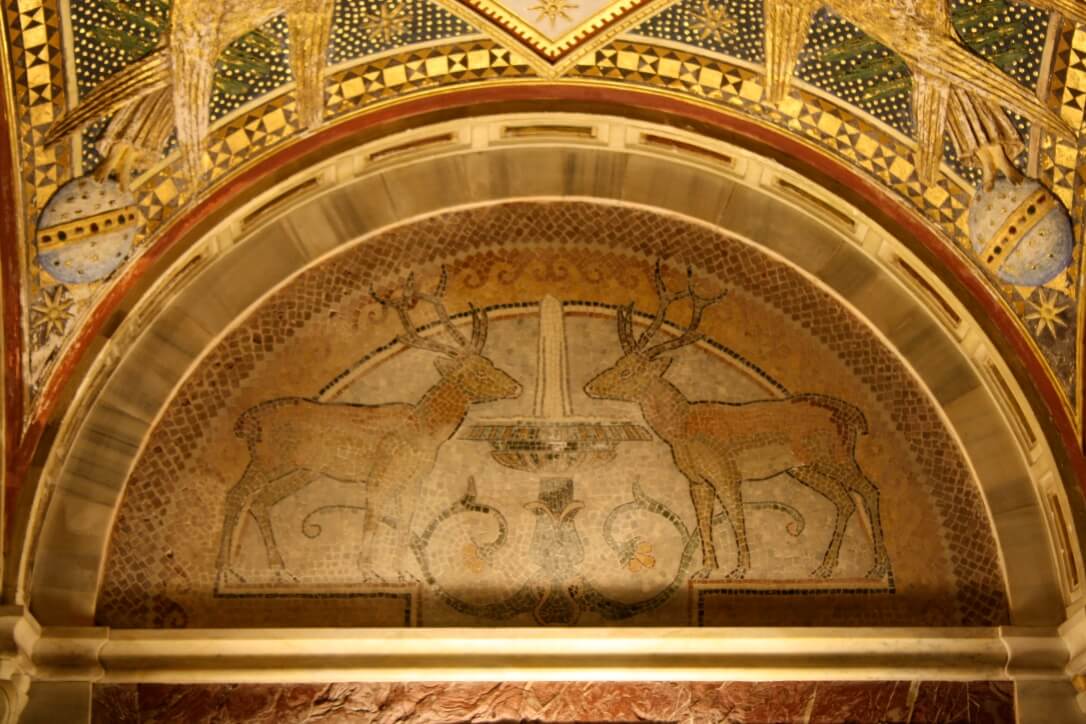The law of praying (10): Remembering the dead
We are looking at a section from the Canon of the Mass each week, to learn what the ‘law of praying’ has to teach us about what we believe. You can find the previous posts in this series in our reflections archive.

Remember also, Lord, your servants N. and N.,
who have gone before us with the sign of faith
and rest in the sleep of peace.
Grant them, O Lord, we pray,
and all who sleep in Christ,
a place of refreshment, light and peace.
Through Christ our Lord. Amen.
Once again we stop to pray for people by name. This time we remember those who have died. And, once again, as with the living, we remind ourselves that God does not need our prayers to help the departed, but that he gives us this privilege of being able to assist them through our acts of love.
We can’t ever be sure where someone has gone after death. The only people we can be certain about are canonised saints — those that the Church has declared definitively to be in heaven. That doesn’t mean no one else is in heaven. It just means we’re not sure where anyone else is. And so we can pray for them. If they’re in heaven and they don’t need our prayers, the prayer is not wasted. And I’m sure that saint repays our charity by praying for us in return.
When we die, few of us are perfect. So when we die, even though our sins may have been forgiven, we might not yet be ready for heaven. The moral life is about far more than keeping rules, or even breaking rules and being forgiven. Our actions change us. The moral life for a Christian is about the kind of person we become and the characters we form through our actions. From the moment we leave the confessional, freshly absolved, our sins are forgiven. But we are not yet saints. We have to ask ourselves, even if we went to confession now and knew every single one of our sins were forgiven, would we still want to be as we currently are for the rest of eternity? Most of us are not ready for heaven just yet. Neither were so many who have gone before us.
This section of our prayer reminds us both to form good characters and to help the departed through our prayers. It presents Purgatory as somewhere uncomfortably warm and dry, dark and restless. Because the soul thirsts for God, and longs for his light, and, as St Augustine famously put it, ‘Our heart are restless until they rest in you, O Lord.’
Purgatory could work perfectly well without us — in fact, surely, God could do all the work that needs to be done in purgatory better, more efficiently, and faster if he didn’t choose to rely on us. But he gives real power to our prayers, because when we pray for the dead, it really helps them. And he gives our prayer real meaning, because the dead really aren’t helped, unless we pray for them. And so the work of purification taking place in the Church in purgatory is genuinely brought about with the participation of the Church on earth.

